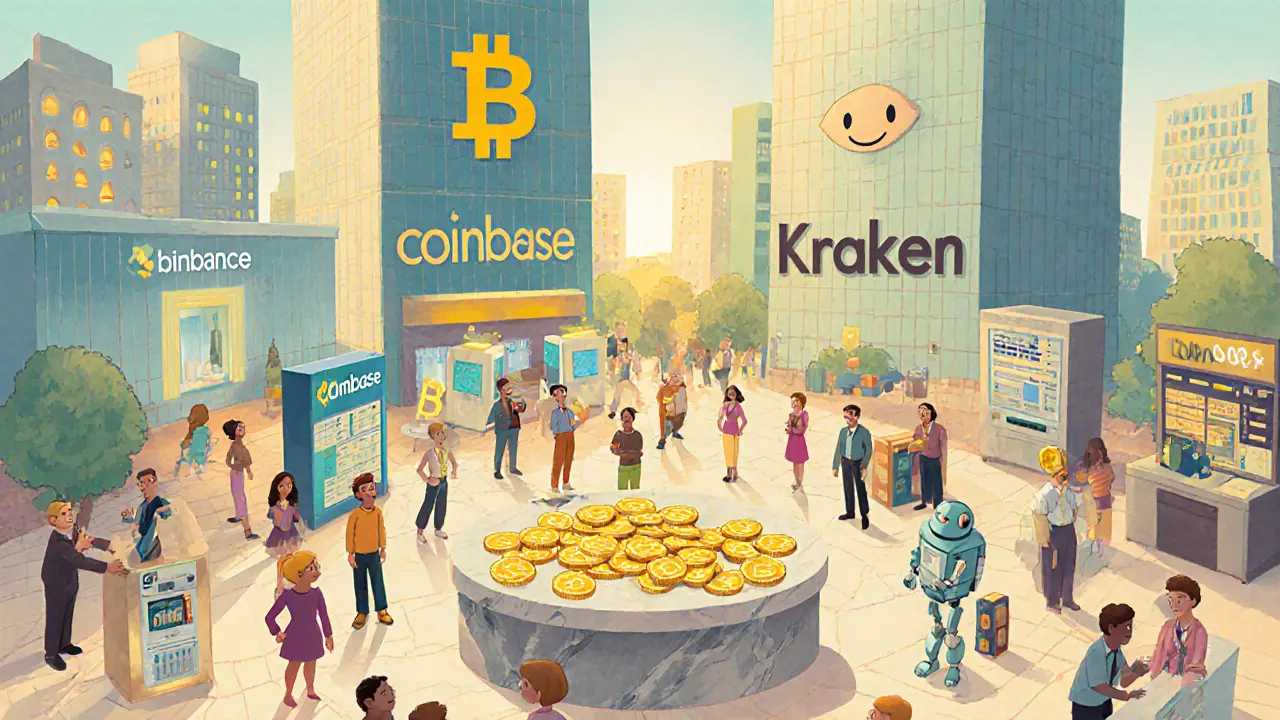Institutional Investors in Crypto: Strategies, Reviews & Compliance
When working with institutional investors, large funds, pension plans, and corporate treasuries that allocate capital to digital assets. Also known as qualified investors, they demand rigorous risk controls, transparent reporting, and strict regulatory adherence. One of their first steps is choosing a reliable crypto exchange, a platform that matches buyers and sellers, provides custody solutions, and delivers deep liquidity. Because every trade must meet legal standards, securing the appropriate regulatory license, authorisation from bodies such as the MFSA, SEC, or MiCA framework, is non‑negotiable. At the same time, many institutions explore DeFi, decentralized finance protocols that offer automated yield, lending, and tokenised assets without traditional intermediaries. Institutional investors therefore sit at the intersection of compliance, market access, and emerging yield opportunities.
Why the blend of exchanges, licensing and DeFi matters
Institutional investors chase crypto for diversification, high‑growth potential, and tokenised exposure to real‑world assets. A reputable crypto exchange provides the deep order books and institutional‑grade security that large orders need, while also supporting advanced features like API trading, settlement reporting, and segregated wallets. Regulatory licenses act as a trust layer; they certify that the exchange follows AML/KYC rules, holds sufficient capital reserves, and undergoes regular audits—critical factors when billions are at stake. DeFi adds a complementary toolkit: automated market makers can supply liquidity on‑chain, and smart‑contract‑based vaults generate returns that are often uncorrelated with traditional markets. However, DeFi’s open nature brings smart‑contract risk, so institutions pair it with robust risk‑monitoring frameworks and insurance solutions. In practice, an institutional portfolio might route stable‑coin holdings through a licensed exchange for liquidity, then allocate a portion to a vetted DeFi protocol for yield, always under the oversight of compliance officers.
Blockchain interoperability is the silent enabler that lets these strategies scale across multiple networks, turning isolated token pools into a unified asset class. When a fund can move assets seamlessly from Ethereum to Solana or from a regulated exchange to a DeFi bridge, it reduces friction, cuts costs, and opens arbitrage windows that were previously impossible. This ability to operate across chains amplifies the impact of licensing and exchange selection, because the same compliance checks apply regardless of where the token travels. Below, you’ll find in‑depth reviews of crypto exchanges, detailed guides on securing the right regulatory licenses, practical analyses of DeFi yield products, and insights into cross‑chain tools—all curated to help institutional investors make informed, secure, and profitable decisions in the fast‑moving crypto landscape.
Why Centralized Exchanges Still Dominate Crypto Trading in 2025
Explore why centralized exchanges keep leading crypto trading in 2025, focusing on liquidity, speed, features, regulation, and institutional adoption.
